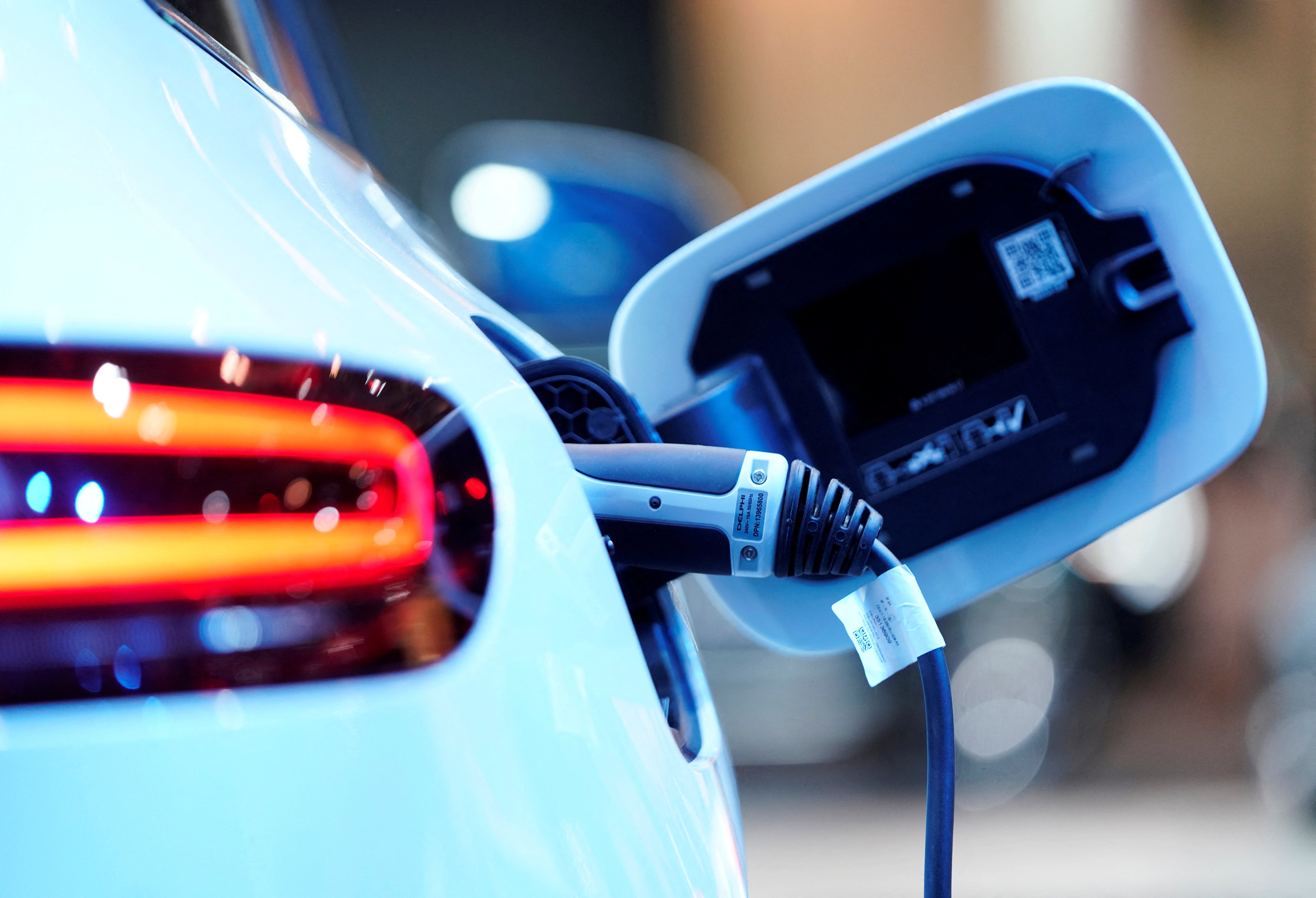Electric cars ‘could help reduce world hunger by cutting pollution’
Shift from combustion engines would give crops room to breathe, writes Liam James

Electric cars could help reduce world hunger by cutting back pollution levels, according to new research.
Scientists found the earth’s atmosphere would be far more hospitable for crop growth if cars with combustion engines were not filling the air with harmful nitrogen oxides (NOx).
The improved air quality could increase yields of fruits, vegetables and grains so much it would ease the pressure of a growing population on the global food supply, the scientists said in a study published on Wednesday.
The research employed an advanced satellite imaging system, the Tropospheric Monitoring Instrument, to measure levels of NOx in the lowest level of the earth’s atmosphere.
Lead author Professor David Lobell of Stanford University, California, said: “Nitrogen oxides are invisible to humans but new satellites have been able to map them with incredibly high precision.
“We can also measure crop production from space. This opened up the chance to rapidly improve our knowledge of how these gases affect agriculture in different regions.”
NOx, accounting for nitrous oxide and nitrogen dioxide, come from car exhausts as well as power plants, factories and fertilisers. They are among the most widely emitted pollutants and have been linked to a host of human diseases.
They damage plant cells, absorb and scatter sunlight away and fuel airborne toxin ozone
Although many, mostly rich, countries have reduced NOx emissions over the past few decades, the global picture is not as promising. Worldwide emissions of nitrous oxide rose by more than one-quarter between 1990 and 2018.
In Britain – where the overall level has fallen – road transport is the biggest cause of NOx emissions. Europe-wide, road transport accounts for 40 per cent of NOx emissions.
Co-author Professor Jennifer Burney of the University of California, San Diego said: “The actions you would take to reduce NOx, such as vehicle electrification, overlap closely with the types of energy transformations needed to slow climate change and improve local air quality for human health.
“The main take-home from this study is that the agricultural benefits of these actions could be really substantial, enough to help ease the challenge of feeding a growing population.”
By 2050 there will be over nine billion humans – two billion more than today and an increase of nearly 30 per cent.
If NOx emissions from road transport were eliminated, crop yields would go some way to accomodating that rise.
The researchers said if NOx emissions were halved, it would increase winter and summer yields by about 25 and 15 per cent respectively in China, 8 and 6 per cent in India and about 10 per cent for both in western Europe.
Previous research by the same team estimated reductions in ozone, fine particulate matter, NOx and sulphur dioxide between 1999 and 2019 contributed to about 20 per cent of the increase in US corn and soybean yields.
The number of electric cars worldwide has increased exponentially in the past decade. By 2017 there were 3 million. By 2018, 5 million. By 2019, 7.2 million.
In Britain, the number of electric vehicles went from 10,000 at the start of 2014 to 450,000 by the middle of last year.
All new conventional petrol and diesel cars and vans are set to be banned from sale in the UK from 2030 as part of the government’s green initiative.
The Stanford paper was published in Science Advances on Wednesday.






Join our commenting forum
Join thought-provoking conversations, follow other Independent readers and see their replies
Comments